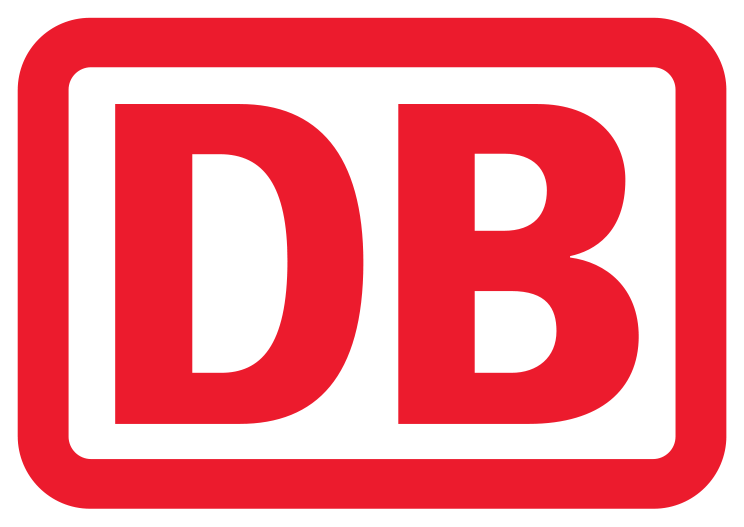Training
This training is held in German.
Only a clearly defined bottleneck determines the potential of a system - be it in production, project management or in the supply chain. Innovative companies must remain agile and efficient in order to survive in a dynamic market. The Theory of Constraints focuses and optimizes the bottleneck in the process, which guarantees maximum throughput increase, optimized resource utilization and an innovation boost. Find out how targeted bottleneck management can make processes more fluid and the company more competitive.
Contents
Basics of process orientation
- Practical introduction to process orientation and its importance.
- Target clarity: process vs. departmental targets (focus on throughput instead of just costs).
- Key figures that really count: Essential metrics for effective process management.
- Prerequisites for continuous improvement and long-term efficiency.
Theory of Constraints - Constraint Theory
- Origin and basic idea of the bottleneck theory.
- The main objective: maximum added value through process optimization.
- Relevance of bottleneck theory in modern companies.
Simulation of process optimization
- Understanding and using statistical fluctuations and process dependencies.
- Bottleneck as a stabilizing element in the process.
- Demand-pull approach to limit the "work in progress".
- Flow principles (drum-buffer-rope) for a stable and efficient process flow.
The five focus steps of the bottleneck theory
- Identification: Find the bottleneck and make targeted improvements.
- Maximum utilization of the bottleneck without overloading.
- Subordination of processes to support the bottleneck.
- Strategic elimination of bottlenecks and continuous improvement.
- Repetition and adaptation for continuous process optimization.
Tools and methods
- Create flow through process optimization, throughput calculation, Kanban & demand-pull strategies.
Learning environment
In your online learning environment, you will find useful information, downloads and extra services for this training course once you have registered.
Your benefit
- You improve your ability to innovate through process-optimizing measures.
- You achieve efficiency gains and save costs through increased throughput focus.
- You use key process indicators to manage processes in a targeted manner and make process performance measurable.
- Through continuous bottleneck management, you contribute to the long-term improvement and efficiency of your company.
- You recognize dependencies and interactions in processes and optimize them in a targeted manner.
- You will develop a deep understanding of flow optimization and know which steps you need to take to improve your processes.
This training course guides you step by step through the practical application of bottleneck theory and enables you to sustainably increase efficiency, throughput and innovative strength in your company.
Methods
- Keynote speeches: Imparting knowledge and concepts.
- Practical examples: Insights into real experiences and challenges.
- Discussion & exchange: Interactive exchange in the training for consolidation and reflection.
- Group work and individual exercises: (joint) development of solutions and approaches using concrete examples.
Recommended for
process managers and process owners, process consultants, process owners, process designers. Specialists and managers who deal with the strategic alignment of company processes.
On-site training together
Start dates and details
18.06.2026
Hamburg Bergedorf
Booking number:
34952
€ 1.490,- plus VAT.
€ 1,773.10 incl. VAT.
Days & Times
2 days
Limited number of participants
Thursday, 18.06.2026
09:30 am - 5:30 pm
Friday, 19.06.2026
09:00 am - 5:00 pm
Fee includes
The participation fee includes
- one joint lunch per full seminar day,
- Catering during breaks and
- extensive working documents.
Booking number:
34952
€ 1.490,- plus VAT.
€ 1,773.10 incl. VAT.
Details
2 days
Limited number of participants
Fee includes
The participation fee includes
- one joint lunch per full seminar day,
- Catering during breaks and
- extensive working documents.
Booking number:
34952
€ 1.490,- plus VAT.
€ 1,773.10 incl. VAT.
Details
2 days
Limited number of participants
Fee includes
The participation fee includes
- one joint lunch per full seminar day,
- Catering during breaks and
- extensive working documents.
No suitable date?
You are welcome to be notified by e-mail as soon as new dates are released.
Please note: We use third-party tools for selected events. Personal data of the participant will be passed on to them for the implementation of the training offer. You can find more information in our privacy policy.







